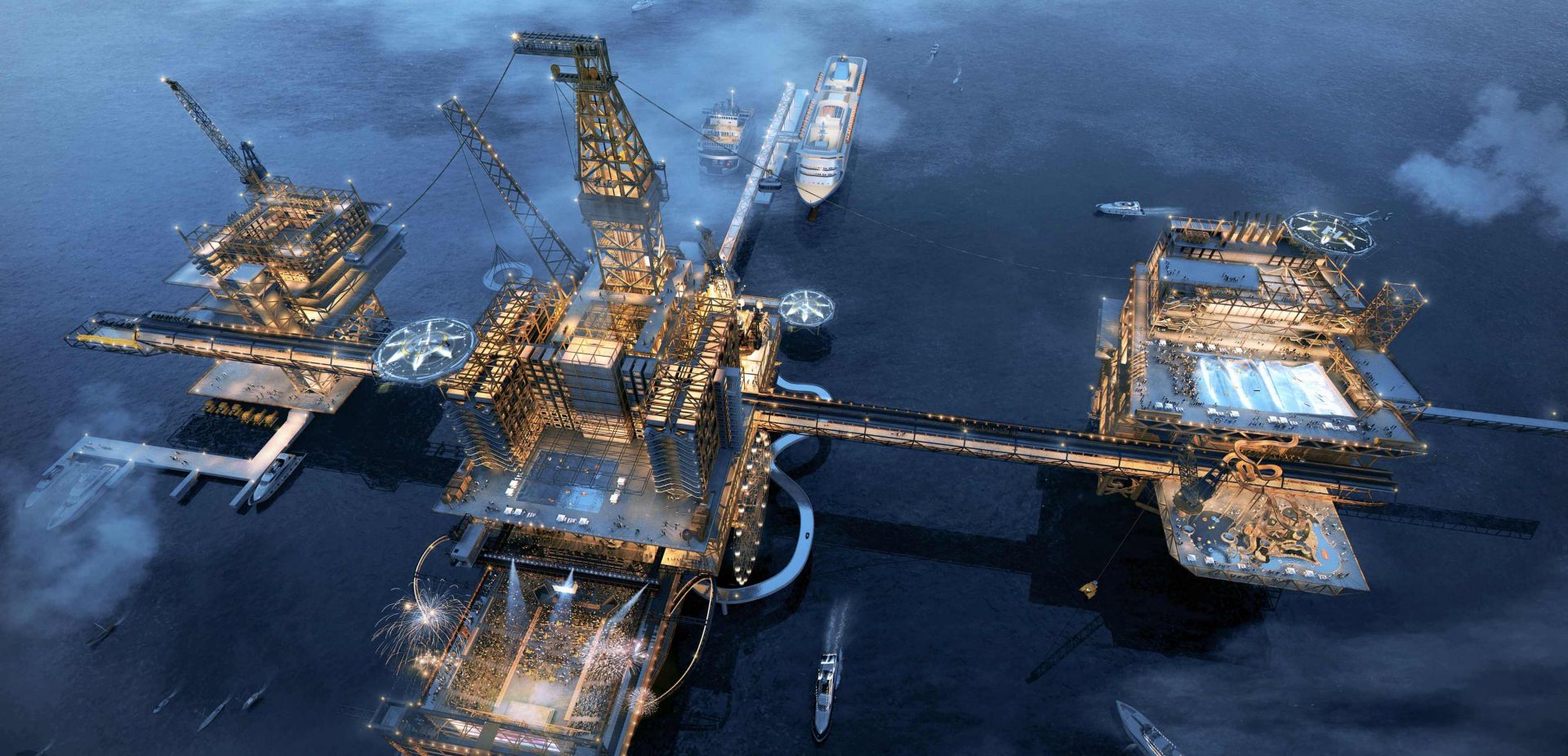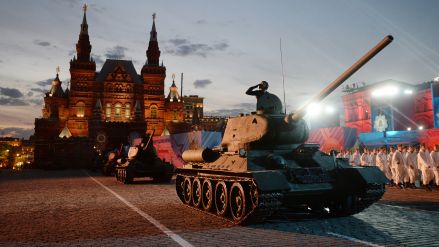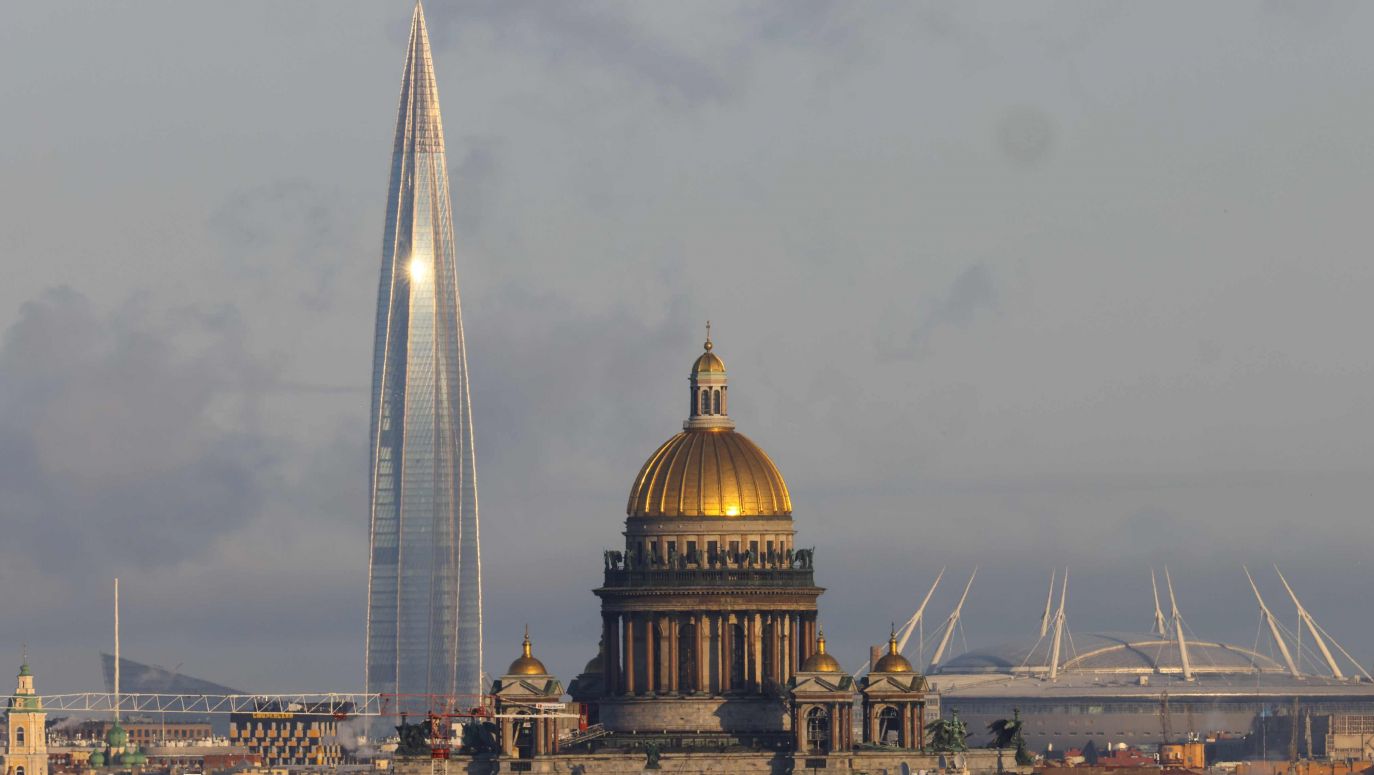
Is a convicted criminal who provided sexual favours to his fellow prisoners going to be the new President of Russia?
see more
Is it due to the quality of the political class?
It is crucial. In authoritarian states, these processes take a much more dangerous course. Natural resources become a source of immense wealth. Later, corruption grows, but so does the unhealthy political ambition of the leaders, especially in countries with dictatorial powers. Dictators like to challenge other countries and seek a sense of security in their own nuclear weapons. After all, Gaddafi dreamt of them in Libya and Saddam Hussein in Iraq.
Russia is a clinical example of the 'Dutch disease'. Its deepening has gone hand in hand with the dismantling of the remnants of democracy and the consolidation of Putin's authoritarian power. Oil gave him the funds to unleash war. Even without Western sanctions, Putin ruled an economically disadvantaged country. As the late Senator John McCain once rightly said, Russia is "a big petrol station pretending to be a country", only armed with nuclear weapons inherited from the USSR.
And how is this whole energy ecosystem affected by a recent decision of the European Parliament? We are cutting the fuel cord by banning the registration of combustion cars in the future.
Only the future will tell how this provision will be implemented and how it will affect the consumption of oil-based fuels in practice. Above all, today it raises fears of taking away something hitherto obvious from ordinary people, namely the freedom of individual movement over longer distances - and this has shaped the entire 20th century - without offering something equivalent in return.
Electric cars are currently two to three times more expensive than those with an internal combustion engine. The main reason for this is the batteries, which require the hard-to-reach elements lithium and cobalt. The cost of lithium-ion batteries is more than half the price of a car. At the same time, current global extraction of these elements allows the production of around 10 million electric cars per year. This barrier forces an intensive search for new deposits. At the scale of global demand, more than 200 new lithium mines must be developed in the next two decades. Meanwhile, they devastate the environment just as effectively as lignite mines. At the same time, if we consider how much carbon dioxide is emitted during the process of raw material extraction and battery production, it turns out that, on a mass scale, the use of hybrid cars generates less CO2 than the mass use of electric ones. Therefore, eliminating new non-electric or hydrogen-powered cars from the European Union after 2035 seems to be a questionable decision on the merits for at least several reasons.
However, if this is the case - because all deadlines are sometimes postponed - then a car of one's own may turn out to be an increasingly luxurious good, accessible to the richer. Who knows whether the poorer ones might then be faced with a replication of the "Cuban model": in other words, a car with a liquid-fuelled engine, treated with great care, will become a family jewel, handed down from generation to generation (laughter).
– Interviewed by Cezary Korycki
- translated by Tomasz Krzyżanowski
TVP WEEKLY. Editorial team and jornalists

 SIGN UP TO OUR PAGE
SIGN UP TO OUR PAGE
 Is that why the Sheikhs' attitude is crucial in the game of finishing off Putin?
Is that why the Sheikhs' attitude is crucial in the game of finishing off Putin? 






